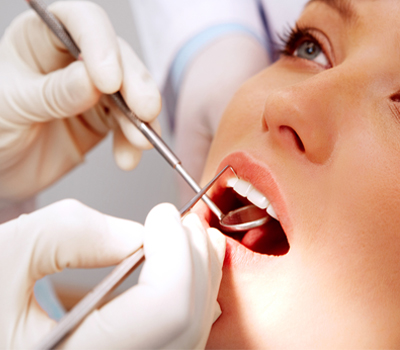There are times when conventional orthodontic solutions cannot successfully treat a bite problem. Severe malocclusion may require surgical treatment particularly if it is causing functional problems such as speech difficulties, inability to properly chew food and facial dysfunction in the form of joint pain, headaches or gum problems. Self-esteem issues brought about by jaw abnormalities may also necessitate the need for surgery.
Also known as orthognathic surgery, surgical orthodontics is used to treat severe cases of jawbone abnormalities and bad bites. If your orthodontist has determined that you need surgery, he or she will work with an oral & maxillofacial surgeon to ensure you receive the best care possible.
Do I Need Surgery?
Adults suffering from severely bad bites or have concerns about their facial appearance may consider surgical orthodontics. But to know for certain whether it is necessary, your orthodontist will evaluate your mouth structures including your jaws, teeth, and gums before making a diagnosis.
Typically, jaw growth stops between the age of 16 and 18. When the jaws do not line up properly and cause functional and aesthetic problems for the patient, orthognathic surgery may be needed to move the jaw and teeth into their correct position. An orthodontist will wait until the jaw has stopped growing before determining whether surgery is the appropriate treatment.
How It Works
Orthodontic surgery can only be performed by a licensed oral & maxillofacial surgeon and the surgery often takes place in a hospital setting. The surgery can take several hours and once complete, you will be required to rest for at least two weeks. Since this is a major procedure, you will be advised not to work or go to school during this period. The healing phase takes several weeks.
Once the jaw has healed, your bite will be “fine-tuned” by the orthodontist. You may be prescribed braces or clear aligners, which you’ll need to wear for 6-12 months. Then you’ll wear retainers to maintain the proper position of your teeth will be maintained.
Benefits of Orthognathic Surgery
For many of our patients, the best reward of having orthodontic surgery is a healthy and beautiful smile. Orthognathic surgery can correct malocclusions and jaw abnormalities enabling you to chew your food properly, speak more clearly and smile more confidently. It is also considered a treatment option for those suffering from obstructive sleep apnea.
Is Orthodontic Surgery Risky?
As with all major surgical procedures, there are risks associated with orthognathic surgery. If you have any concerns, please feel free to ask your oral surgeon.
Surgical Orthodontics is a collaborative effort between your dentist, orthodontist and oral & maxillofacial surgeon. We will work together to create a treatment plan that will move your teeth to their ideal position by means of surgery.
To find out if you’re a suitable candidate for orthognathic surgery, please schedule a consultation appointment with Dr. Washington. We will discuss your concerns and objectives, and perform a thorough examination of your mouth to determine if surgery is right for you.
Everything You Need To Know About Surgical Orthodontics



